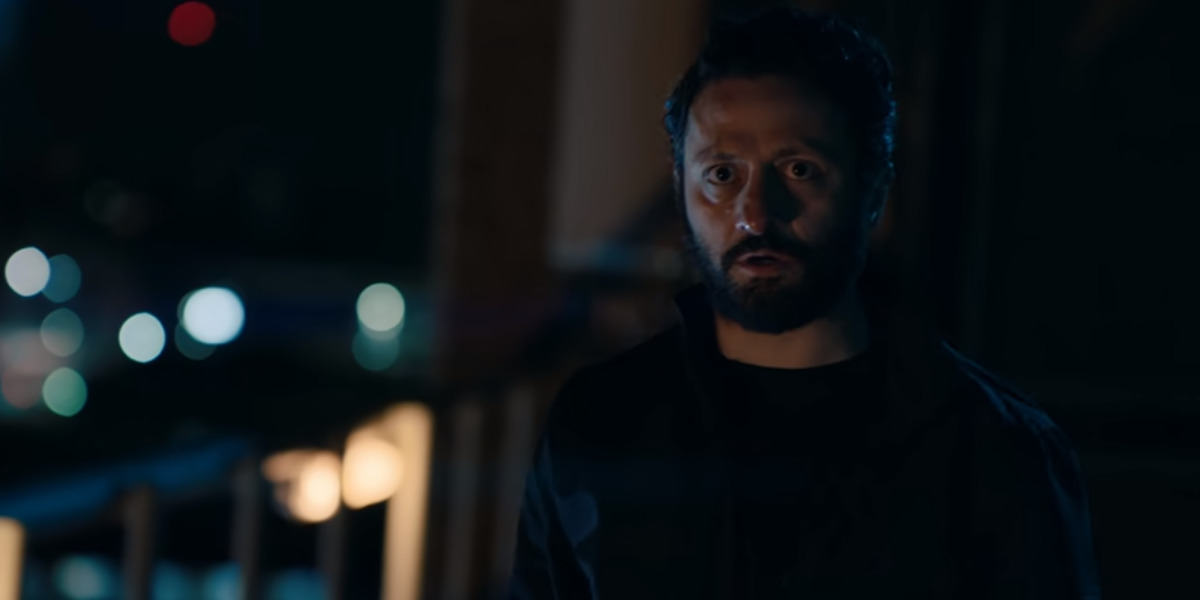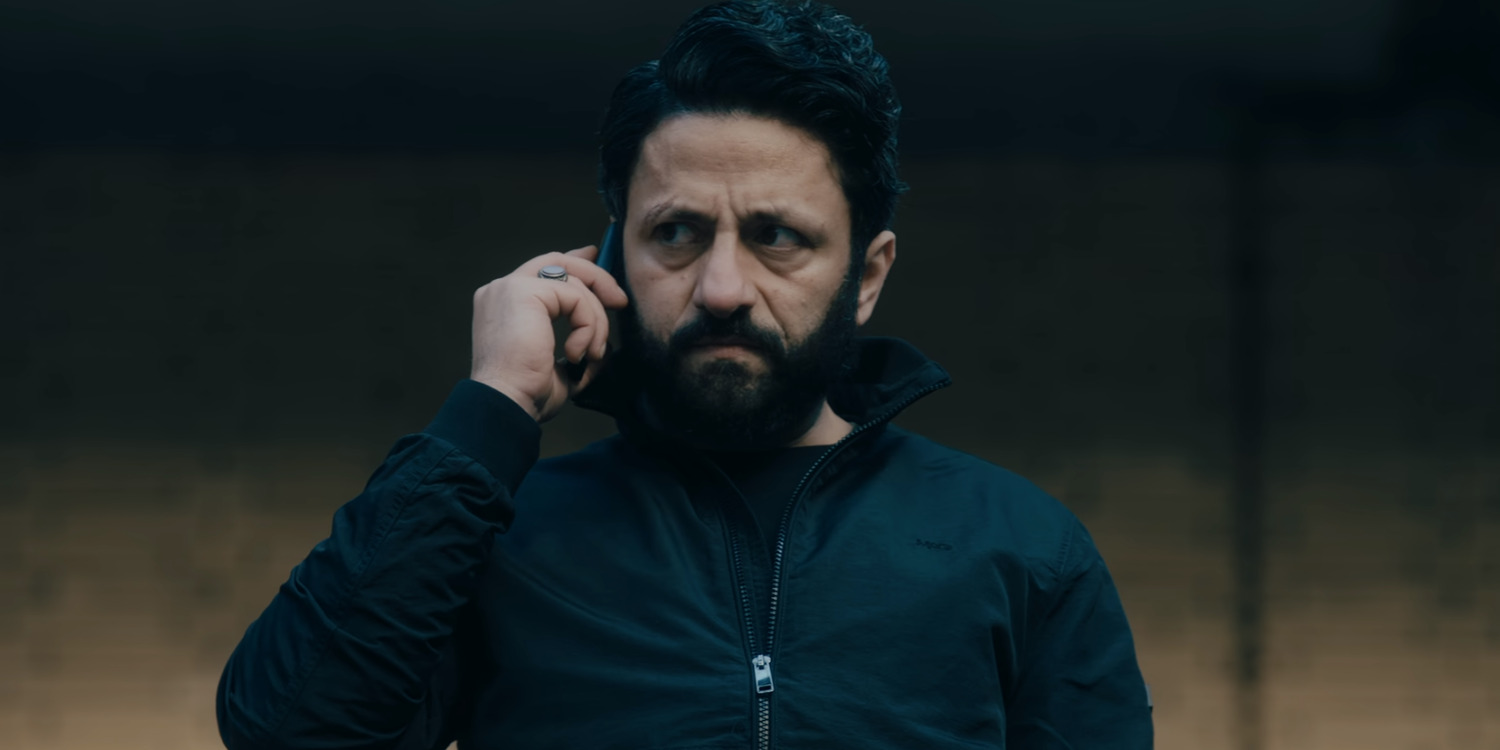‘The Golden Hour,’ a Dutch crime show, charts a rogue Police Officer’s investigation into the random surplus of consecutive terrorist attacks across the Netherlands that might just have something to do with his own past. The protagonist, Mardik Sardagh, hails from Afghanistan, having moved to the European country at seven. Inversely, his former childhood friend, Faysal Taher, has undergone a different, more violent path in life. As such, when the former gets news of Faysal’s arrival in town right in time with a brutal attack at a public Dutch market, it sets the two old friends for a game of cat-and-mouse with numerous lives at stake.
In his antagonistic role, Faysal embodies a complex character fueled by his hatred and need for vengeance. Furthermore, the narrative leaves no stone unturned in depicting the cruel implications of his actions and how they affect the Dutch public at large. Consequently, the character’s origins and basis in reality are bound to come under question. SPOILERS AHEAD!
Faysal Tehar is a Fictional Character
No, Faysal Tehar from ‘The Golden Hour,’ or ‘Het Gouden Uur,’ as it’s known in the original Dutch, is not based on a real-life terrorist. Like the show itself, Faysal’s character is also a work of fiction, fabricated by Bobby Boermans and Simon de Waal’s director-writer duo. Therefore, the character’s roots, in reality, are limited to the narrative’s exploration of reality through instances that echo general sentiments surrounding the topic of terrorism.

Although Faysal’s role within the show is clearly defined by his violent actions that remain the center of the story’s conflict, the narrative also delves into the character’s past in parts to allow the audience a specific insight. For the same reason, Faysal’s character, for all his shortcomings, emerges as a well-rounded antagonist that only adds to the authenticity of the fictional show.
Director Boermans discussed his character in a conversation with Drama Quarterly and said, “I think everyone has a motive, a reason, for doing something. The question is whether you can, in some way, understand their motive. I don’t think that question will be answered until the last minute of ‘The Golden Hour.'”
As Faysal’s story progresses, the audience learns about the events that lead to his eventual standing as a terrorist. The character’s backstory certainly never excuses his actions or even seeks to provide an explanation for them. Nonetheless, it succeeds in infusing Faysal with realistic traits that one can see reflected in real life.
Recruitment of young children by terrorist groups is a tragic yet common truth of reality. According to verified UNICEF reports, parties within conflict have recruited and exploited more than 105 thousand children between 2005 and 2020. Worse yet, since the number only signals verified cases, the actual number is speculated to be much higher.
Therefore, by showcasing Faysal’s past, wherein hateful extremist groups killed his parents and took him in, the show highlights a part of reality often ignored. Furthermore, it also enhances the story’s emotional drive since it creates a nuanced and disheartening connection between Madrik and Faysal. It compels the viewers to confront how two people from the same backgrounds can end up in drastically different places in life due to some crucially pivotal experiences.
As such, Faysal’s character also helps the narrative draw a contrast against Mardik and provides an insight into the source of misplaced prejudice. Nevertheless, since the show’s depiction of the numerous terrorist attacks within the Netherlands in the span of a day is a fictionalized story, so is Faysal’s character. Consequently, Faysal Tehar remains a fictional character with no roots or connections to a real-life terrorist or terrorist organization.
Read More: Is The Golden Hour Based on a True Story?


You must be logged in to post a comment.